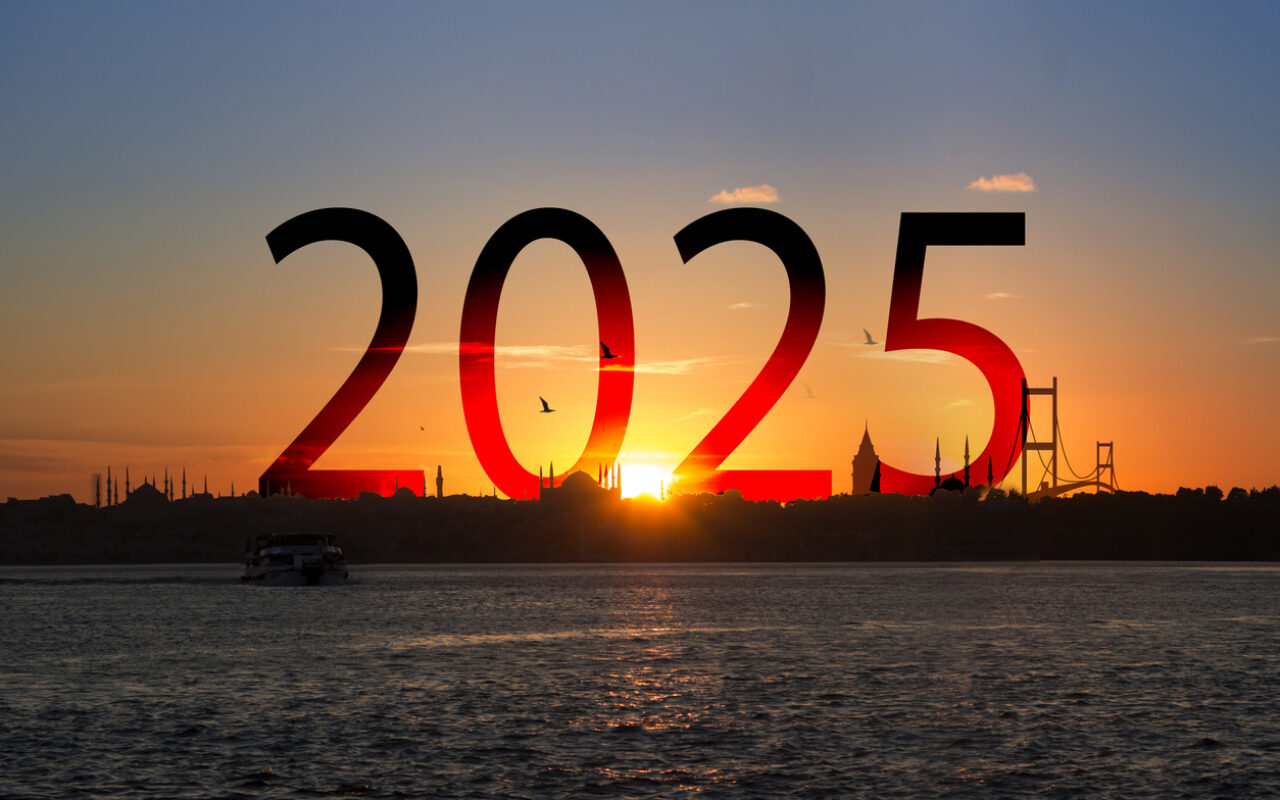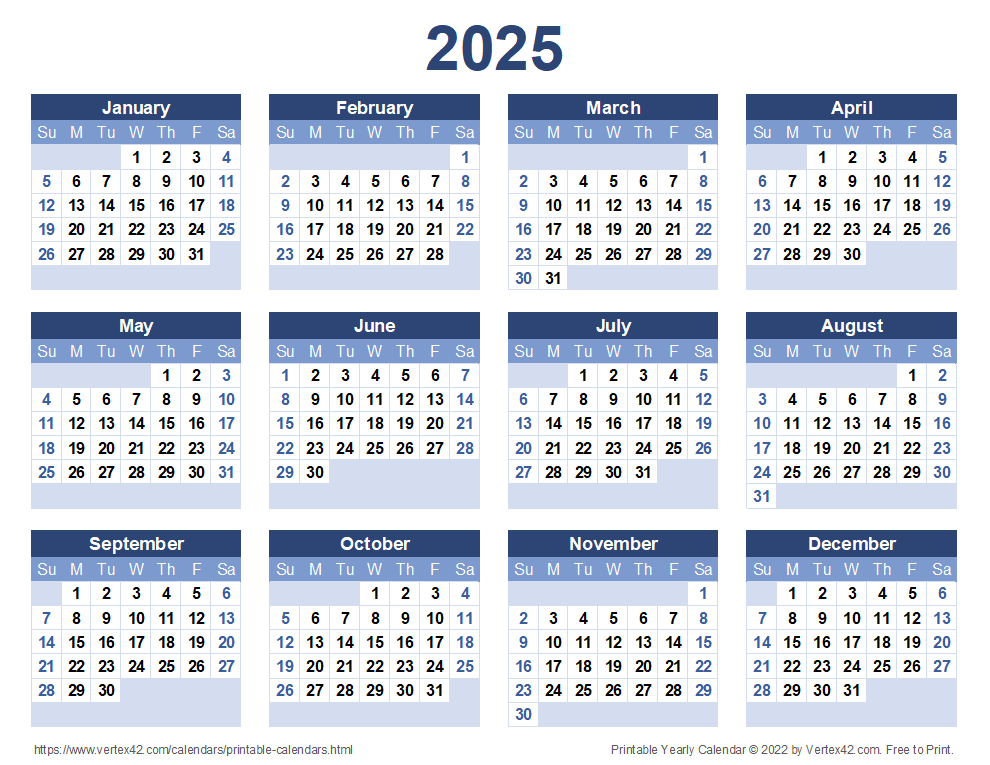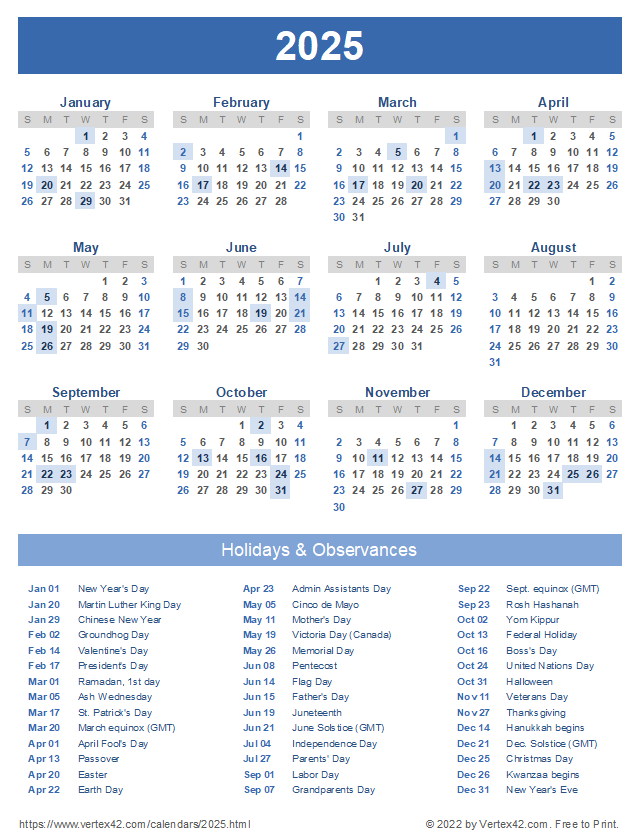One World Calendar 2025: A Vision for a More Equitable and Sustainable Future
Related Articles: One World Calendar 2025: A Vision for a More Equitable and Sustainable Future
- Blank Editable Calendar 2025: A Comprehensive Guide To Customization And Organization
- Doe School Calendar 2025: A Comprehensive Guide
- Calendario 2025 365.it
- Diversity And Inclusion Calendar 2025 UK
- Chinese Annual Holiday Calendar 2025
Introduction
In this auspicious occasion, we are delighted to delve into the intriguing topic related to One World Calendar 2025: A Vision for a More Equitable and Sustainable Future. Let’s weave interesting information and offer fresh perspectives to the readers.
Table of Content
Video about One World Calendar 2025: A Vision for a More Equitable and Sustainable Future
One World Calendar 2025: A Vision for a More Equitable and Sustainable Future

Introduction
The One World Calendar, proposed in the early 20th century, is a reformed calendar system that aims to address the shortcomings of the Gregorian calendar, which is currently in use worldwide. The Gregorian calendar, with its irregular month lengths and leap year rules, can be confusing and inconvenient. The One World Calendar, in contrast, is designed to be simple, logical, and equitable.
Key Features of the One World Calendar
The One World Calendar consists of 13 months, each with 28 days. The 13th month, called Sol, is a leap month that falls between June and July. This eliminates the need for leap years and ensures that every month begins on a Sunday.
The months are named after the first 12 letters of the alphabet, with Sol being the 13th. The days of the week are also named after the first 7 letters of the alphabet, with Sunday being the first day of the week.
Benefits of the One World Calendar
The One World Calendar offers several benefits over the Gregorian calendar.
- Simplicity: The One World Calendar is easy to understand and use. The months are all the same length, and every month begins on a Sunday. This makes it easy to remember dates and plan events.
- Equity: The One World Calendar is more equitable than the Gregorian calendar. All months have the same number of days, and every day of the week falls on the same date each year. This eliminates the confusion and inconvenience caused by the Gregorian calendar’s irregular month lengths and leap year rules.
- Sustainability: The One World Calendar is more sustainable than the Gregorian calendar. The elimination of leap years reduces the number of days in a year by 11, which can save energy and resources.
Challenges to Implementation
Despite its many benefits, the One World Calendar has not been widely adopted. There are several challenges to its implementation, including:
- Resistance to change: People are often resistant to change, and the One World Calendar would require a significant change in the way we think about time.
- Economic costs: Changing to a new calendar system would require significant economic costs, including the need to update software, calendars, and other materials.
- Political resistance: Some people may oppose the One World Calendar for political reasons. For example, some religious groups may object to the removal of the Sabbath from the calendar.
Conclusion
The One World Calendar is a well-designed calendar system that offers several benefits over the Gregorian calendar. It is simpler, more equitable, and more sustainable. However, there are several challenges to its implementation, including resistance to change, economic costs, and political resistance.
Despite these challenges, the One World Calendar remains a viable option for a more equitable and sustainable future. As the world becomes increasingly interconnected, the need for a common calendar system that is fair and efficient will become more apparent. The One World Calendar has the potential to meet this need and create a more harmonious and sustainable world.
Additional Information
- The One World Calendar was first proposed by Moses Cotsworth in 1902.
- The International Fixed Calendar League was founded in 1930 to promote the One World Calendar.
- The One World Calendar has been endorsed by several organizations, including the World Calendar Association and the International Organization for Standardization (ISO).
- Several countries have considered adopting the One World Calendar, but none have yet done so.







Closure
Thus, we hope this article has provided valuable insights into One World Calendar 2025: A Vision for a More Equitable and Sustainable Future. We appreciate your attention to our article. See you in our next article!
